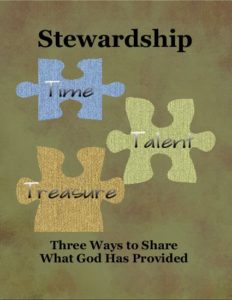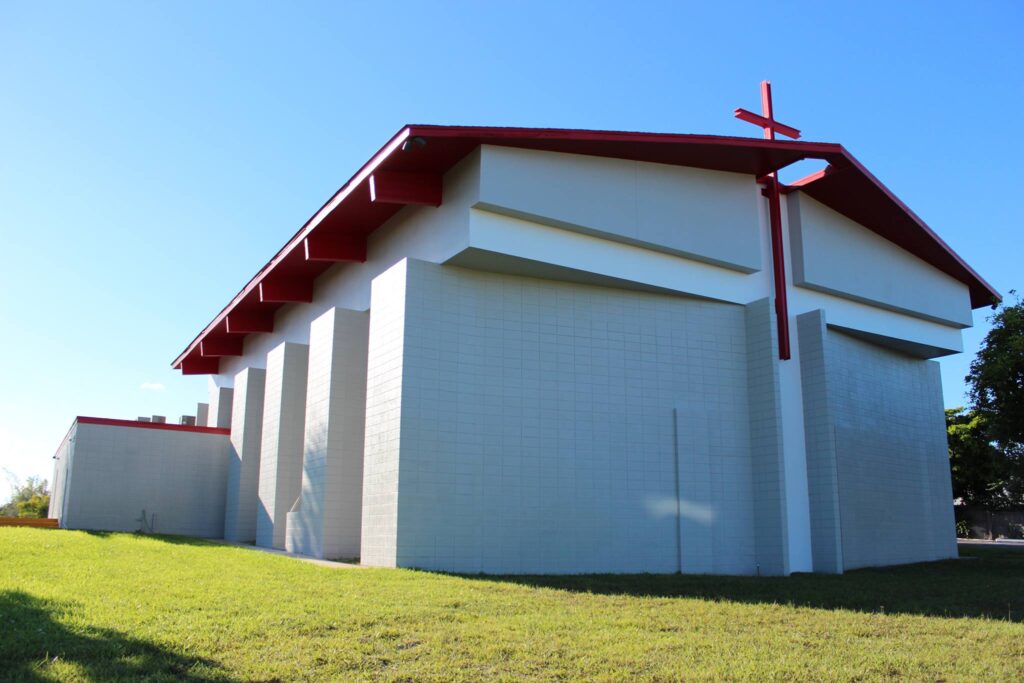
Generosity 101:
Stewardship and Giving
To embrace a life of generosity and enthusiastically commit to supporting the ministry of our church through our gifts of time, talent and treasure. All too often we take for granted that most of those who will benefit from our diocesan stewardship resources or just coming for someone else and we are not quite sure of the needs of our church life, accustomed to Anglican worship and have been imbued with knowledge of a faith-filled upbringing. Stewardship and giving is no longer the norm.
 The vast majority of newcomers to our churches have never had any contact with us. They are unaccustomed to our style of worship or how our church is organized. While they may realize that the church operates thanks to the benevolence of its members, they are not familiar with how to give, what to give and how much to give – the idea of a collection plate being passed along a pew is completely foreign and perhaps a bit intimidating. In fact, it is reasonable to assume that the only donations they may have made was through a fundraising event or a memorial gift at the death of a loved one. The concept of Christian stewardship is entirely remote from their life experience.
The vast majority of newcomers to our churches have never had any contact with us. They are unaccustomed to our style of worship or how our church is organized. While they may realize that the church operates thanks to the benevolence of its members, they are not familiar with how to give, what to give and how much to give – the idea of a collection plate being passed along a pew is completely foreign and perhaps a bit intimidating. In fact, it is reasonable to assume that the only donations they may have made was through a fundraising event or a memorial gift at the death of a loved one. The concept of Christian stewardship is entirely remote from their life experience.
To help with the orientation, I’d like to reflect on perhaps the most frequent question I hear: “why should I give?” The answer to this very specific question can be teased out by responding to some more general queries that I often encounter from newcomers.
Making an annual pledge to Holy Guardian Angels is first and foremost about your relationship with God. Jesus said, “Where your treasure is, there your heart will be also.” (Matthew 6:21). He spoke about what we do with our treasures more than any other subject, except the Kingdom of God. Jesus knew what we know: our heartstrings and our purse strings are inextricably tied together. So today, just like 2,000 years ago, we modern-day believers are called to share some of our monies as an expression of the relationship we share with God — and feed our faith in the process.
What is Stewardship? 
It is a means that we have the acknowledgement that everything we have, our life, our talents, our accomplishments, our families and our material
possessions are gifts from God. And that we cherish and tend to them in a responsible and accountable manner, sharing them with others and returning them with increase to God. We are caretakers of our gifts of time, talent and treasure by which we can strengthen and deepen our faith. As Christians, we believe that all that we have and all that we are comes from God. So it makes sense that we are stewards of these precious gifts. Being good stewards brings us closer to God.
Why should I practice Stewardship?
Practicing stewardship intimately ties us to who we are as a Christian people. Stewardship is an expression of faith. It is not simply the church’s way of raising money; rather, it is a spiritual discipline that encompasses our very being as Christians. It is a radical departure from our secular understanding of charity where we give to an external need.
 What is a Pledge?
What is a Pledge?
How much should I pledge?
That is entirely up to you. Jesus asked for total giving, sacrificial giving—he gave up everything, even his life. Thankfully, the Church does not require such sacrifice. You keep what you need. But you are asked to give God a gift from your heart, a symbol of your close relationship with God.
In ancient Israel, the tithe, 10 percent of a person’s income, was the rule. It is still the standard of the Anglican Catholic Church. Because of taxes and other charitable giving, some people suggest that 5 percent, a “modern tithe,” is appropriate.
Decide what is right for you slowly and steadily. If this is your first pledge, pick an amount that you can comfortably meet. Get some successful experience making and fulfilling a pledge. Note what portion or percentage of your income your pledge represents. If you already pledge, try to increase that percentage.

HGA Entrance View



